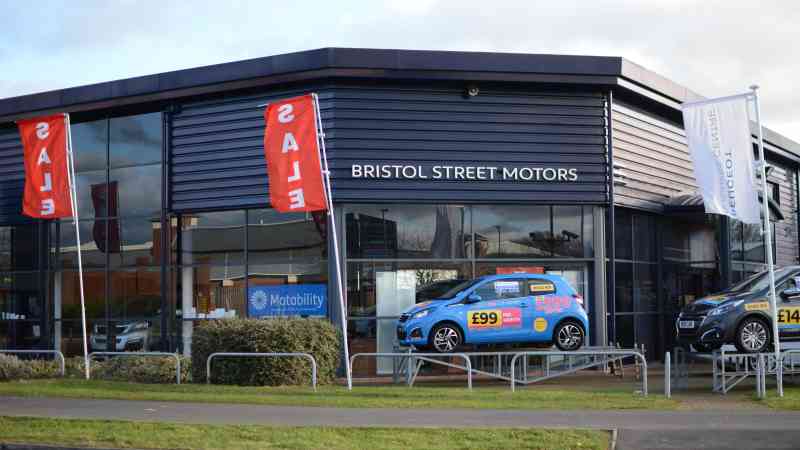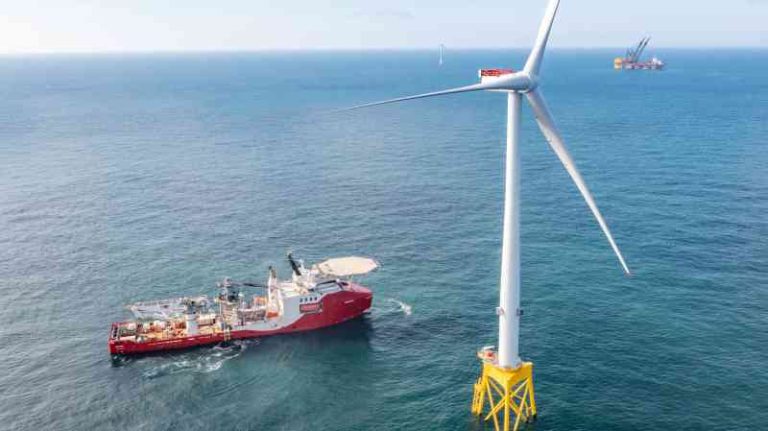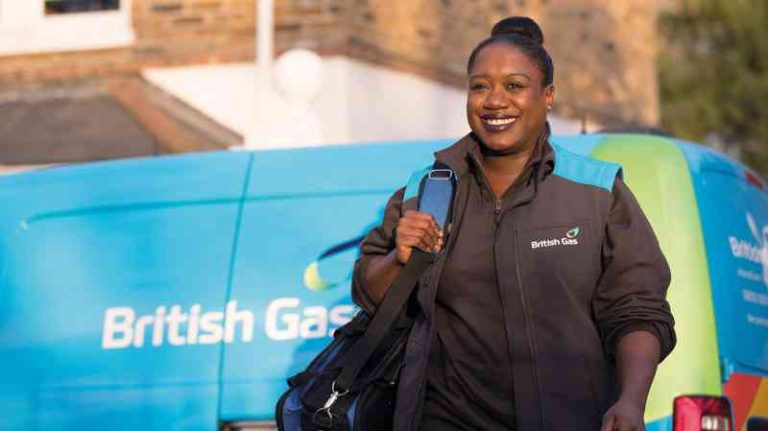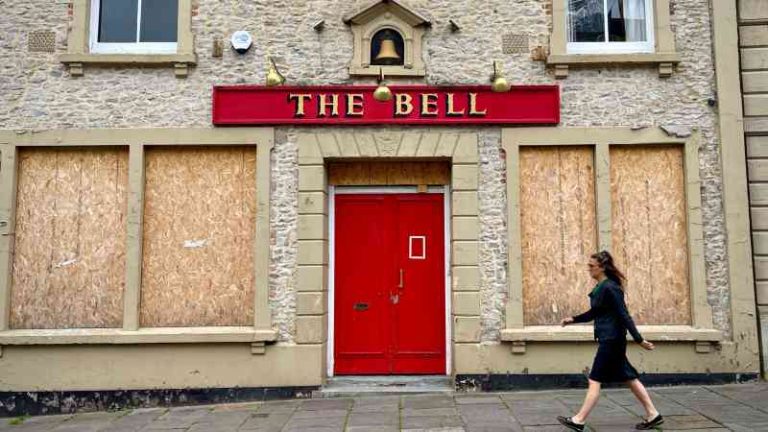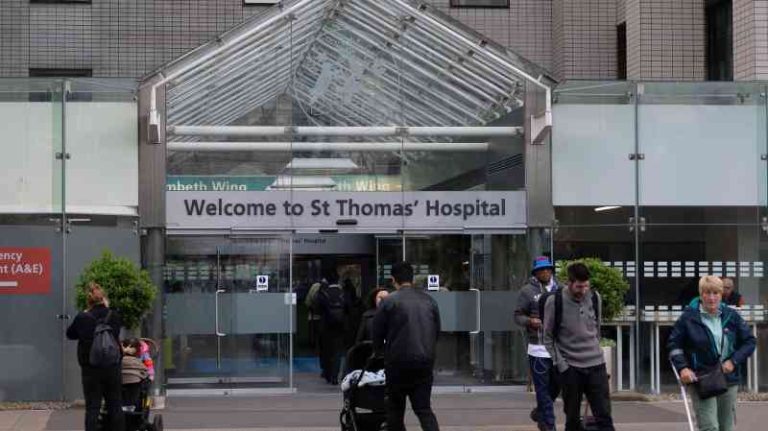Labour’s EV policy ‘forcing manufacturers to supply wrong cars’
Car manufacturers are restricting sales of petrol and hybrid vehicles to avoid net zero fines and meet government targets, one of the country’s largest motor retailers has warned.
Robert Forrester, the chief executive of Vertu Motors which has 192 outlets nationwide, said manufacturers were delaying delivering cars until next year to avoid breaching government quotas.
Under the zero emission vehicle (ZEV) mandate, from this year 22 per cent of all cars sold by manufacturers must be electric – rising to 28 per cent in 2025 and steeper thresholds thereafter. For every new petrol car sold that exceeds this quota manufacturers must pay £15,000.
Boris Johnson’s administration originally set a target of 2030 for phasing out the sale of new petrol and diesel cars. Rishi Sunak scrapped that last September, instead setting a plan for all new car sales to be zero-emission vehicles by 2035.
The new Labour government has reinstalled the 2030 target but many in the industry believe that this will come with caveats that could allow the sale of some petrol-electric hybrids after 2030.

Forrester, 54, told the Daily Telegraph: “In some franchises there’s a restriction on supply of petrol cars and hybrid cars, which is actually where the demand is.
“It’s almost as if we can’t supply the cars that people want, but we’ve got plenty of the cars that maybe they don’t want. They [manufacturers] are trying to avoid the fines. So they’re constraining the ability for us to supply petrol cars in order to try and keep to the government targets.”
Vertu Motors, which trades as Bristol Street Motors, Vertu and Macklin Motors, said its profits for the first half of the year would be lower than expected but should recover to hit full-year forecasts. The City had been predicting pre-tax profits of about £42 million for the year to next February, up on last year’s near-£38 million.
In a trading statement at the halfway point of the company’s financial year, Forrester also talked of dislocation in showrooms and on forecourts.
“The retail new car market remains weaker as the government’s regulation to transition to battery electric vehicles causes market volatility and negative impacts,” he said.
Vertu, which reported a 5.8 per cent fall in new car sales volumes in the five months to the end of July, offset by a 5 per cent increase in used-car sales, said in its trading statement: “Manufacturers of new vehicles selling in the UK are actively managing volumes and [their] mix of internal combustion engine and battery electric vehicles to meet legislative targets.
“Retail demand for new vehicles, particularly electric vehicles, is likely to remain weak, driven in part by high vehicle prices and the lack of government financial incentives.
“The group’s new vehicle order-take for the important [registration] plate change month of September is currently tracking at levels below the prior year, reflective of the weakening retail market in 2024.”
It added that the “reduced supply of used vehicles [because fewer motorists are changing their cars] should mean that used-car pricing will remain stable. Reduced interest rates should aid the future affordability of used cars.”
Shares in Vertu closed down 2½p, or 3.4 per cent, at 69¼p on Monday, more than 11 per cent off their most recent high in June. Last November the shares hit a 16-year peak of 87p.
